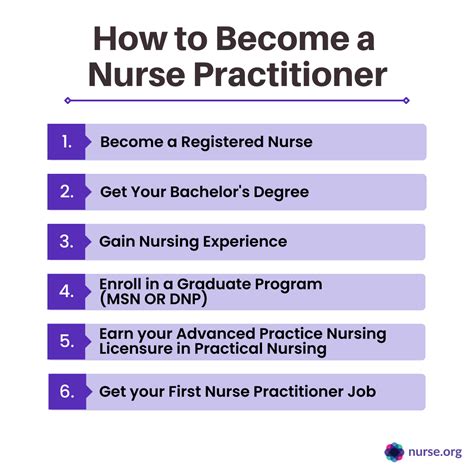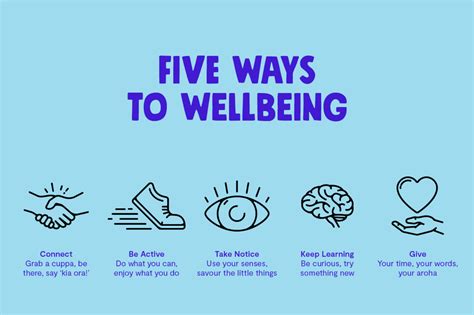5 Ways a General Practitioner Can Help You

Role of a General Practitioner in Healthcare

A general practitioner (GP) is a medical doctor who provides primary care to patients. They are often the first point of contact for individuals with undiagnosed health concerns or those seeking advice on how to manage chronic conditions. GPs play a crucial role in maintaining the overall health and wellbeing of their patients, and their services extend beyond just treating illnesses. Here are five ways a general practitioner can help you:
1. Preventive Care and Health Screenings

Regular health check-ups with your GP can help identify potential health issues before they become major problems. Preventive care is a key aspect of a GP’s services, and it includes health screenings, vaccinations, and guidance on healthy lifestyle choices. Your GP can help you:
- Stay up-to-date with recommended vaccinations and health screenings
- Manage chronic conditions, such as diabetes, hypertension, or asthma
- Reduce the risk of developing certain diseases, such as heart disease or certain types of cancer
2. Diagnosis and Treatment of Acute and Chronic Conditions

GPs are trained to diagnose and treat a wide range of acute and chronic conditions, including:
- Respiratory problems, such as bronchitis or pneumonia
- Gastrointestinal issues, such as irritable bowel syndrome (IBS) or gastroesophageal reflux disease (GERD)
- Musculoskeletal conditions, such as back pain or arthritis
- Mental health concerns, such as anxiety or depression
Your GP will work with you to develop a treatment plan, which may include medication, lifestyle modifications, or referrals to specialists.
3. Health Education and Advice

GPs are not just medical experts; they are also educators and advisors. They can provide you with guidance on:
- Healthy lifestyle choices, such as diet, exercise, and stress management
- Disease prevention and management
- Travel health and vaccinations
- Family planning and reproductive health
Your GP can also offer advice on how to navigate the healthcare system, including how to access specialist care or community resources.
4. Coordination of Care and Referrals

If you need specialized care, your GP can refer you to a specialist or hospital. They will also work with other healthcare professionals to ensure that you receive seamless and coordinated care. This may include:
- Referrals to specialists, such as cardiologists or oncologists
- Coordination with hospitals or other healthcare facilities
- Communication with other healthcare professionals, such as nurses or allied health professionals
5. Mental Health Support

GPs are often the first point of contact for individuals experiencing mental health concerns. They can provide:
- Support and guidance for mental health conditions, such as anxiety or depression
- Referrals to mental health specialists, such as psychologists or psychiatrists
- Advice on stress management and coping strategies
Your GP is there to listen and offer support, and they can work with you to develop a plan to manage your mental health.
👍 Note: A GP is not a substitute for emergency services. If you are experiencing a medical emergency, call emergency services or visit the nearest hospital.
To get the most out of your GP, it’s essential to:
- Be open and honest about your health concerns
- Ask questions and seek clarification on any medical issues
- Follow their advice and treatment plans
- Attend regular health check-ups to stay on top of your health
By working with your GP, you can take control of your health and wellbeing, and ensure that you receive the best possible care.
What is the role of a general practitioner in healthcare?

+
A general practitioner is a medical doctor who provides primary care to patients, including preventive care, diagnosis and treatment of acute and chronic conditions, health education, and coordination of care.
What types of health concerns can a GP help with?

+
A GP can help with a wide range of health concerns, including respiratory problems, gastrointestinal issues, musculoskeletal conditions, mental health concerns, and more.
How often should I see my GP?

+
It’s recommended to see your GP regularly, at least once a year, for a health check-up. However, if you have a chronic condition or are experiencing health concerns, you may need to see your GP more frequently.



